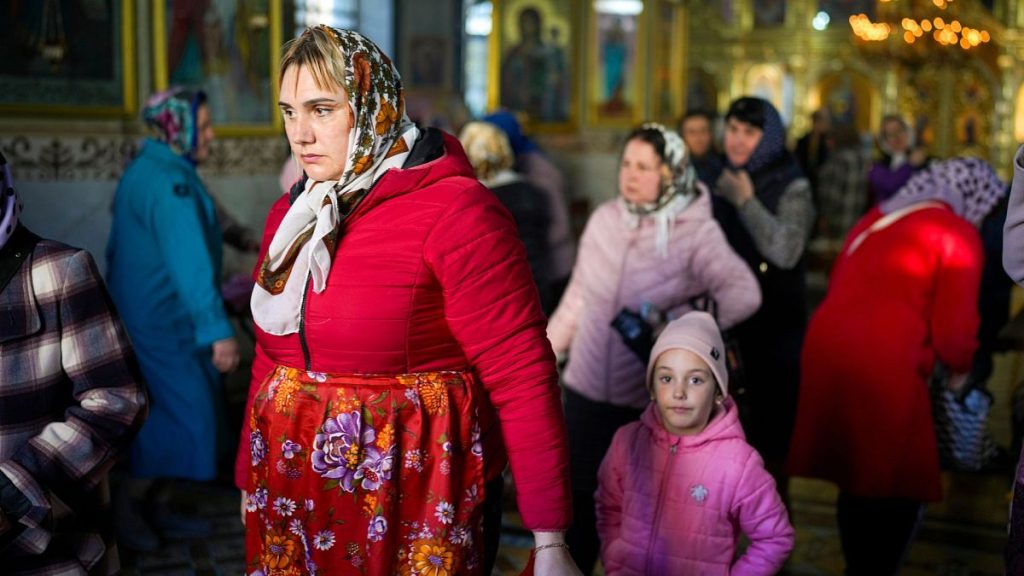Moldova is facing an impending energy crisis as Russia’s state-owned Gazprom plans to halt gas supplies to the country due to a disputed debt of $709 million. Moldovan leaders have dismissed the figure, calling it politically motivated, and have declared a state of emergency in anticipation of severe gas shortages. The cutoff threatens to cripple Moldova’s largest power plant, which could lead to widespread power outages. Moldovan Prime Minister Dorin Recean accused Russia of using energy as a political weapon, while President Maia Sandu criticized the Kremlin’s actions as energy blackmail aimed at destabilizing Moldova and undermining its EU aspirations.
Sandu has assured the country that it has sufficient gas reserves for the heating season and has implemented measures to ensure uninterrupted electricity supply. However, concerns remain for the humanitarian crisis in Transnistria, where residents may need to travel to Moldova for basic necessities. Moldova has responded to the crisis by implementing energy-saving measures, including reducing lighting in public buildings and shifting energy-intensive operations to off-peak hours. Experts warn that the crisis could exacerbate tensions between Chisinau and Tiraspol, with Moscow potentially exploiting the situation to increase political and social pressures in Moldova ahead of the 2025 parliamentary elections.
Since Russia’s invasion of Ukraine, Moldova has taken steps to diversify its energy sources and reduce its dependence on Gazprom. However, the current energy dispute, coupled with Russia’s alleged hybrid war tactics of funding protests and disinformation campaigns, highlights the challenges Moldova faces in balancing domestic stability with its European aspirations. The situation has raised fears of a humanitarian crisis in Transnistria, where residents are expected to face shortages of power and heating. Moldovan leaders have warned of the need for unity, solidarity, and rational use of energy resources to mitigate the impact of the crisis.
Residents like 30-year-old Luliana, who works remotely, are concerned about the potential impact of power and heating shortages. While there is relief that there is currently no snow and temperatures are not too low, the prospect of facing a harsh winter without adequate heating and electricity is worrying for many Moldovans. Postal worker Petru Murzin anticipates a significant influx of people from Transnistria seeking warmth in Moldova when the shortage takes effect, highlighting the potential for increased social and political pressures in the region. Moldovan leaders have called for unity and trust in the country’s ability to navigate the crisis and ensure basic needs are met for all residents.
In response to the energy crisis, Moldova has implemented energy-saving measures in an effort to mitigate the impact of the gas cutoff. These measures include reducing lighting in public and commercial buildings and shifting energy-intensive operations to off-peak hours. While Moldova has taken steps to reduce its dependence on Gazprom and diversify its energy sources, the current dispute risks destabilizing the country and undermining its efforts to strengthen ties with the European Union. The situation underscores the challenges Moldova faces in balancing its energy needs with its geopolitical aspirations and highlights the need for strategic planning and international cooperation to address the crisis effectively.













